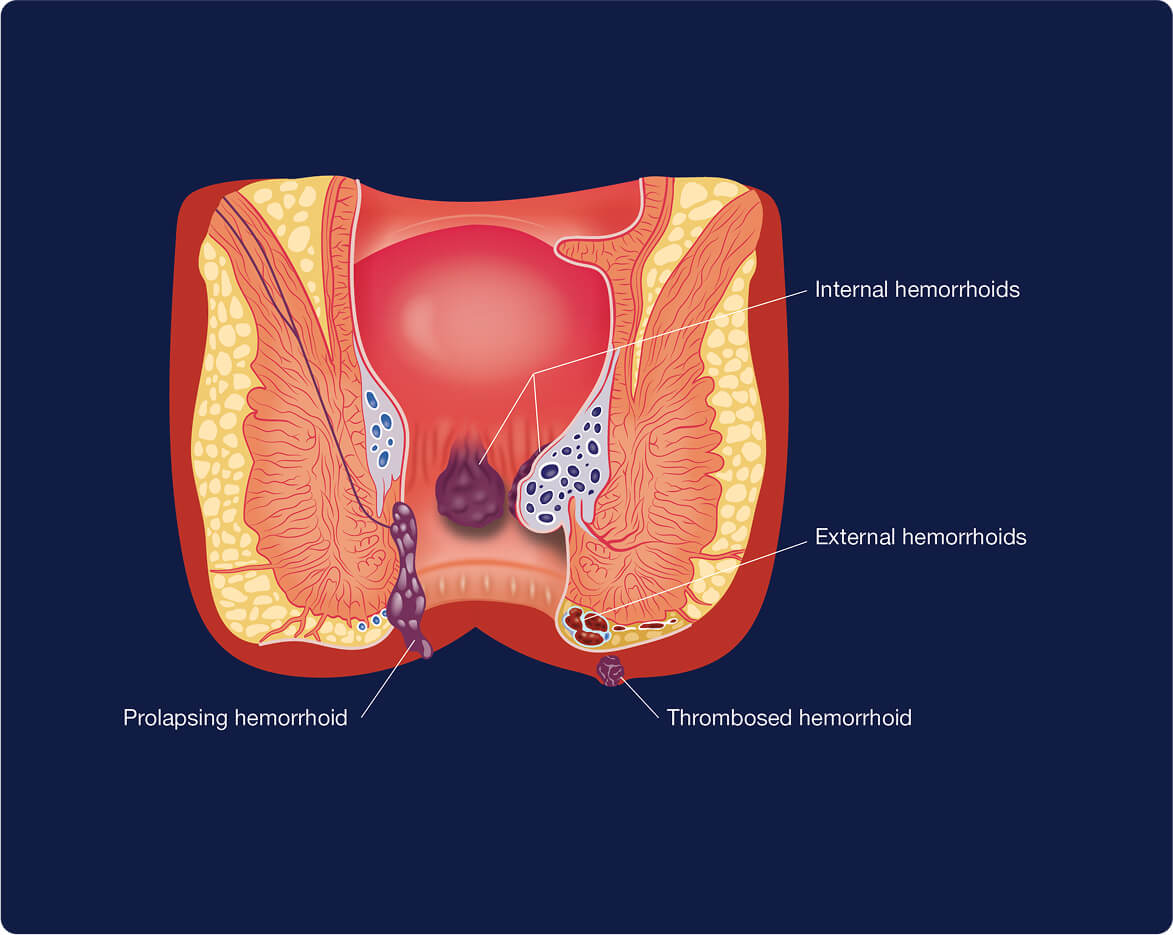What is hemorrhoid artery embolization (HAE)?
In some studies, up to 93% of patients may see improvement in rectal bleeding within one month.1
Most people experience minimal recovery time after hemorrhoid artery embolization. The procedure typically takes 30–40 minutes, and you will leave within an hour with just a small bandage on your leg. You may go back to work and resume normal activities the next day, though you should avoid heavy lifting for the first 2 days.
Our centers take most insurance plans. However, always check with your insurance provider to understand what your plan covers and any costs you may incur, such as a co-pay.
Sources







